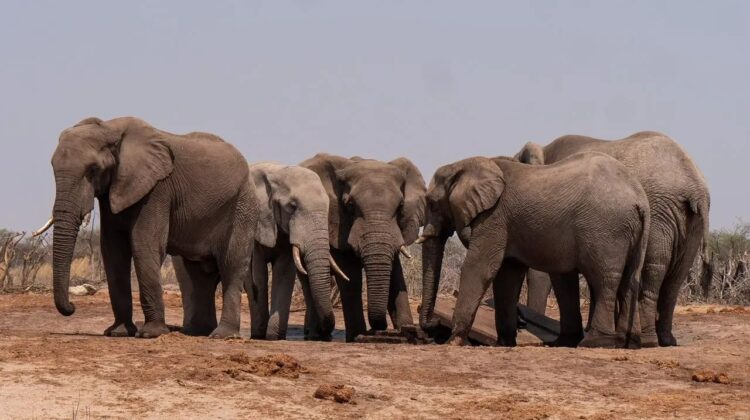
Hasan Jasim – In a shocking move that has sparked global outrage and debate, Namibia has announced plans to cull more than 700 wild animals, including elephants, zebras, and hippos. The country, grappling with its worst drought in a century, aims to distribute the meat to its population facing severe food insecurity.
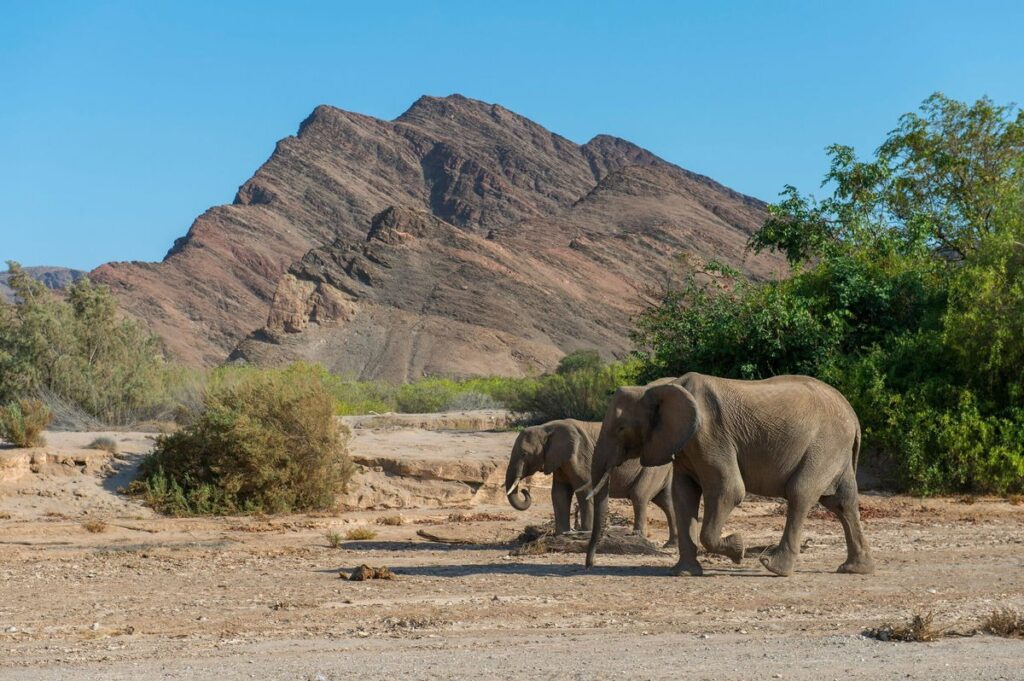
While the decision has been justified as a necessary measure to alleviate the suffering of millions, it has also raised serious ethical concerns about the treatment of wildlife and the long-term consequences for biodiversity. Critics argue that the culling program could have devastating effects on the country’s ecosystems and could set a dangerous precedent for other nations facing similar challenges.
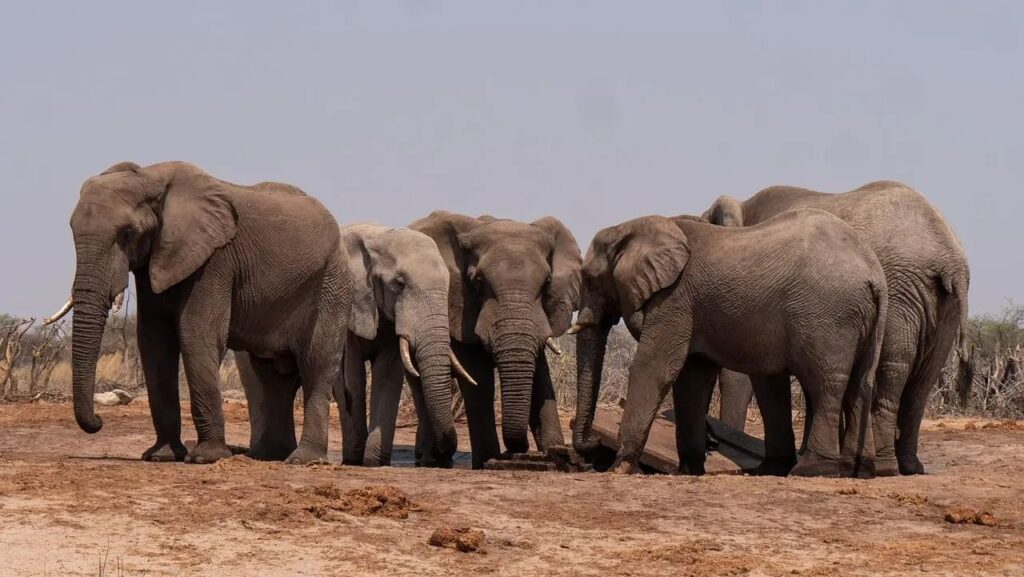
The government of Namibia has defended its decision, citing the need to reduce wildlife populations in areas where they are exceeding available resources and to prevent conflicts between animals and humans. They have also emphasized the importance of providing food relief to those affected by the drought.
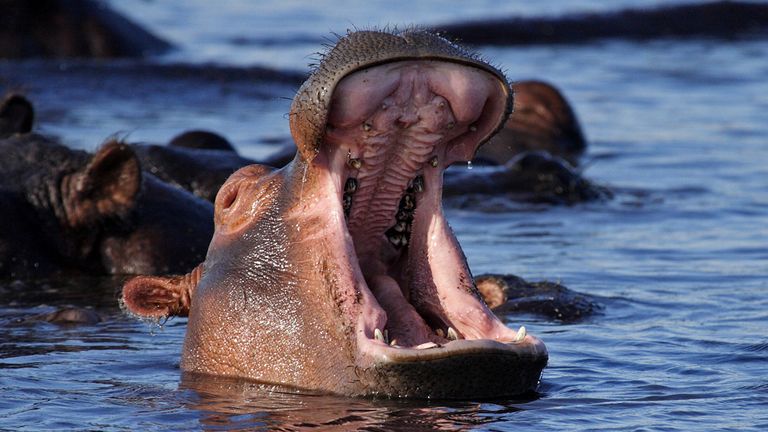
However, environmentalists and animal rights activists have raised concerns about the potential for the culling program to exacerbate the negative impacts of climate change. They argue that the loss of wildlife could disrupt ecosystems and reduce their resilience to future environmental challenges.
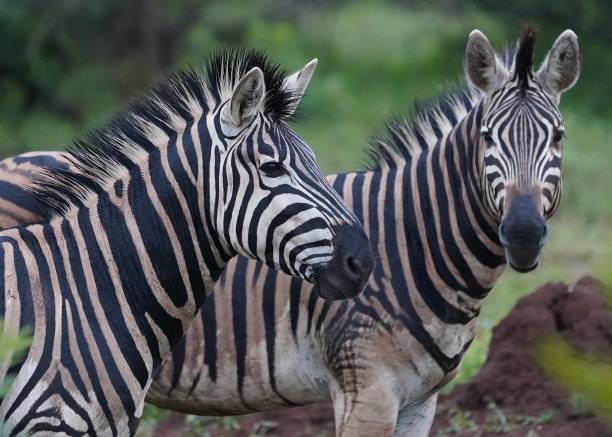
The debate over Namibia’s culling program highlights the complex interplay between human needs and environmental conservation. As the world continues to grapple with the challenges of climate change and population growth, it is essential to find sustainable and ethical solutions that can address the needs of both people and wildlife.

Leave a Reply